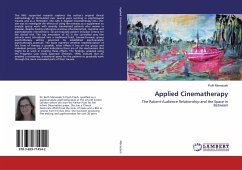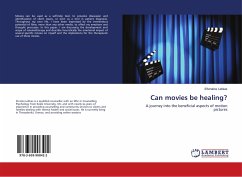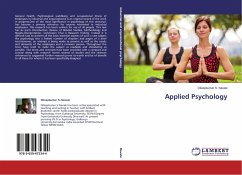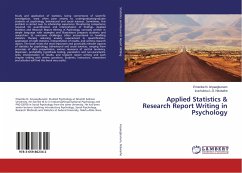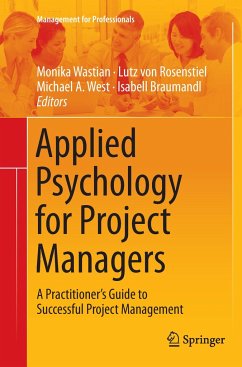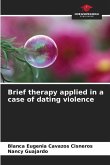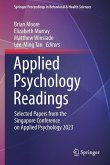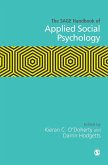This NHS supported research explores the author's original clinical methodology as formulated over several years working in psychological trauma and as a filmmaker. She calls it Applied Cinematherapy (AC). Her aim was to investigate the effects of using film extracts as a supplement to analytic group work with severely traumatised patients who remain in impasse, despite having undergone previous pharmaceutical, cognitive and psychodynamic interventions -all pre-requisite patient inclusion criteria for the clinical trial. The key innovation of AC is the controlled way film extracts were introduced into a traditional brief, trauma-focused, group psychotherapy setting governed by established psychoanalytic psychotherapy practices. The book examines whether implementation of this form of therapy is possible, what effects it has on the group and individual process, and what indications there are of the mechanisms that might be at work in creating these effects. The findings, analysed using the Pragmatic Case Study approach (Fishman, 1999), indicate that AC enabled a containing, transitional space for the patients to gradually work through the more concealed parts of their trauma.

